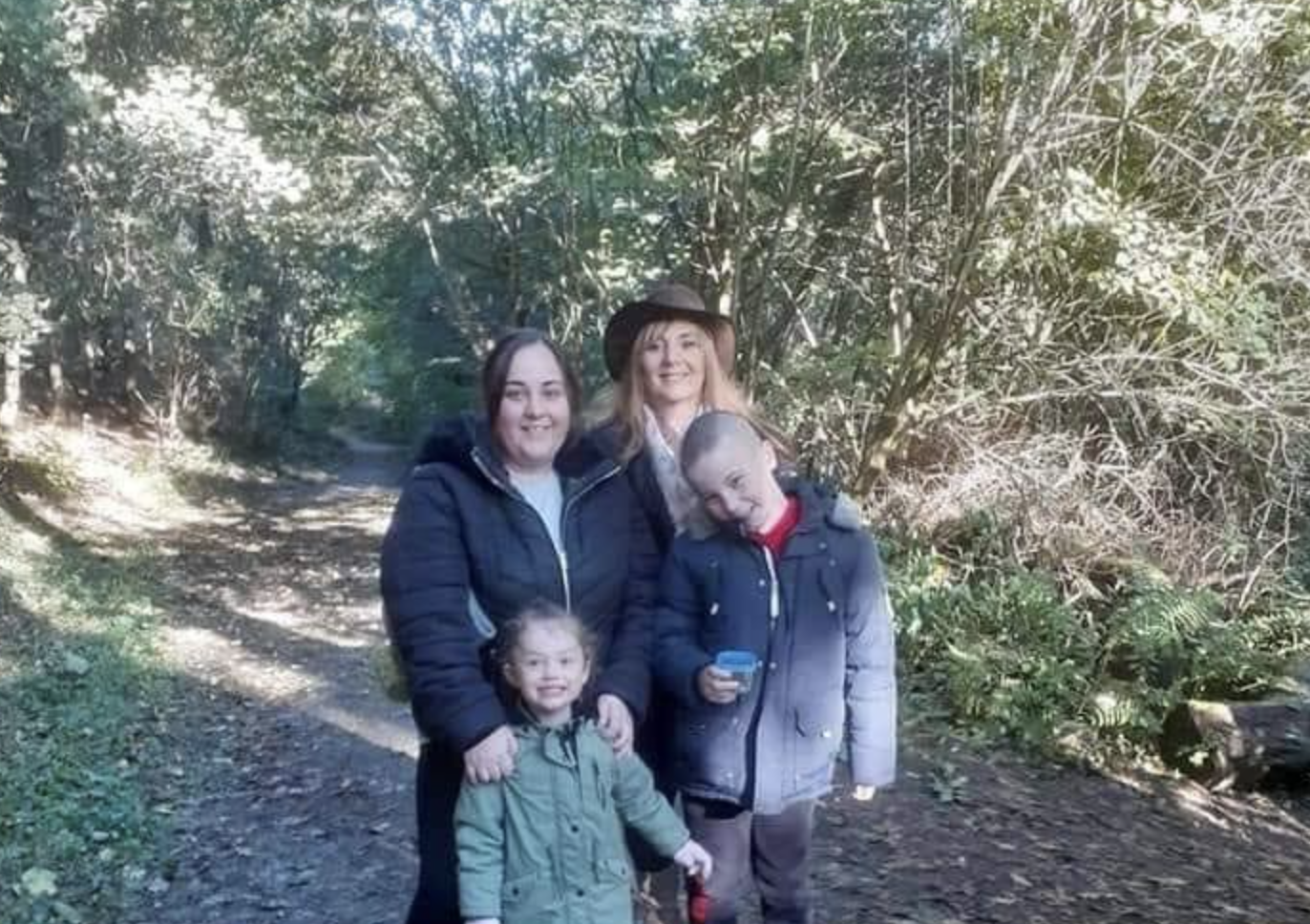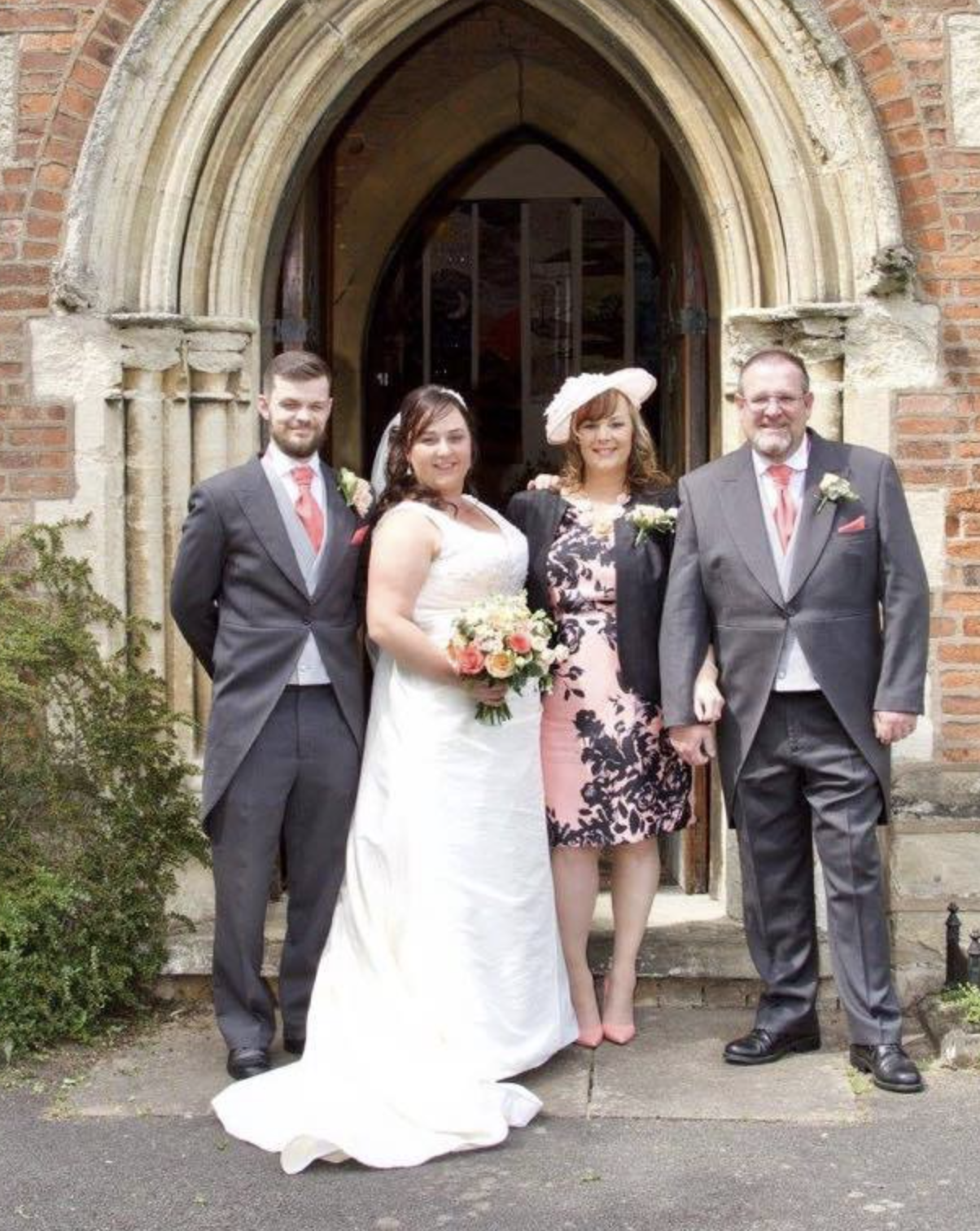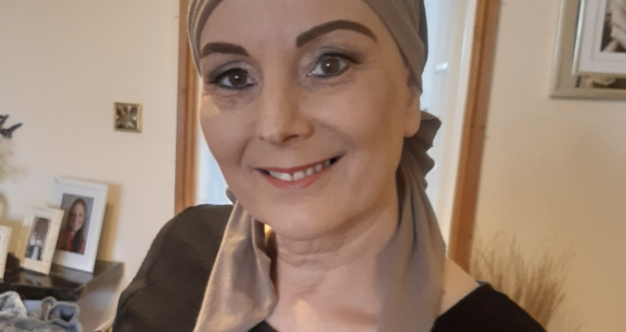A Delayed Second Opinion leads To Stage IV Cancer Diagnosis
- In February of last year, Joanne Eales, 56, first started to experience back and stomach pain but delayed seeing her doctor as the country went into lockdown. She assumed it was the result of menopause, and her doctor agreed when she eventually made an appointment.
- Her pain got more intense in the months that followed, prompting her to get a CT scan. She paid for the procedure out-of-pocket and soon after she learned that she was battling stage IV pancreatic cancer
- With a five-year relative survival rate of only 9% in the United States, pancreatic cancer remains one of the deadliest forms of the disease and the lack of symptoms in the early stages make it the hardest to diagnose until it meatastisizes
In February 2020, Joanne Eales, 56, first started to experience symptoms but delayed seeing her doctor as the country went into lockdown.
Read More
“It began with a mild stomach and backache, and then she had a slight change in her bowel habits,” said Eales’ distraught daughter Chelsea. “She thought 'maybe it's because of my age because of the onset of the menopause.’ Mom thought it was just one of those things.”
Chelsea said that her mother was determined to make sure nothing changed though after her diagnosis and the news that she had six months left at best.
“My mom was a very proud lady,” said Chelsea. “Even a week before she passed away, she was still painting her nails.”
Chelsea added: "She was still living a normal life and doing normal things.”

Things were anything but ordinary for Chelsea, who now found herself caring for the single mom who had cared for her throughout her life.
“During that time, I lived between two houses; I would pick the children up from school and later go to my mom's,” said Chelsea.
“I would spend all night at my mom's. Being an only child, there was nobody else to share that burden with."
Chelsea is now hoping to raise awareness so that other families never experience her grief these days.
"Very often, I looked at her and wondered how this had happened,” said Chelsea. “Pancreatic cancer is something we all need to be aware of because it is such a deadly cancer."
Difficulty Diagnosing Pancreatic Cancer
Joanne Eales thought menopause caused her pain when really it was cancer.
Pancreatic cancer is hard to diagnose at an early stage. That is because most patients do not experience any symptoms until the cancer has metastasized to other organs in the body.
And the symptoms could be attributed to a host of other illnesses, as they include:
- Abdominal pain in the lower back
- Loss of appetite
- Sudden weight loss
- Yellowing of the skin
- Yellowing of the eyes (jaundice)
- Lighter-colored stools
- Darker-colored urine
- Itchy skin
- Recent diabetes diagnosis
- Inability to control diabetes
- Blood clots
- Fatigue
Survivor Joel Naftelberg on His Pancreatic Cancer Battle
Pancreatic Cancer Risk
Incidence rates for pancreatic cancer rose by about 1% per year from 2006 to 2015.
“Pancreatic cancer is still uncommon enough that if you were to screen everybody, you would end up with a lot of false positives,” explains Dr. Anirban Maitra, co-leader of the Pancreatic Cancer Moon Shoot at the MD Anderson Cancer Center. “Even with a fantastic biomarker test that you had, even if it was 99% sensitive and 99% specific, you would still have a lot of false positives.”
That should not deter people from screenings, especially those whose relatives have been diagnosed with the disease.
“If somebody has two first-degree relatives with pancreatic cancer,” Dr. Maitra says, “their risk is already double digits higher than the average population. If they have three family members, it’s almost 34 percent higher than the average risk population.”
The presence of cysts on the pancreas also carries an increased risk of cancer, though those growths are entirely benign in most cases.
Challenges to Screening for Pancreatic Cancer
Learn more about SurvivorNet's rigorous medical review process.


